
views
It was indeed heartening to hear a somewhat candid prime minister.
Narendra Modi’s interview to ANI’s Smita Prakash can get a good 8 out of 10 rating. From Modi’s point of view, the responses could have easily been articulated at a crowded press conference. It would have put an end to the constant criticism of the Prime Minister not holding press meets. The interviewer would have gained a 10 out 10 had she used the opportunity to counter or pose follow-up queries. One hopes and prays that it would not turn out to be the Prime Minister’s last full-fledged interview before 2019 general elections.
The big upshot is certainly the one on Ram Temple. The Prime Minister has again displayed leadership qualities and courage of conviction to say what was needed in a constitutional democracy, where rule of law has paramount importance. Ditto for often-repeated remarked about mob lynching having no place in society. One may argue that the Prime Minister’s Ram Temple response is based upon some feedback from the ground situation. Yet, it is welcoming to see the PM of the country giving due importance to judicial verdict instead of supporting hawkish elements within the Vishwa Hindu Parishad to press for some pro-active legislation. It remains to be seen how the VHP and others would react to Modi’s Ram Temple formulation.
Modi’s accusation of the Congress lawyers deliberately delaying Ram Temple verdict sounds politically strong, but low on facts. Tardy progress has been the hallmark of our judicial system, be it the Ram Temple dispute or cases relating to the demolition of the Babri Masjid (some key BJP leaders are accused in that), the Rajiv Gandhi assassination, Bhopal gas tragedy, 1984 anti-Sikh riots or millions of other cases pending in various courts across the country. Nor is there any law that debars lawyers-turned-politicians from taking up cases that are politically sensitive. Else, a Ravi Shankar Prasad would not have appeared on behalf of Ram Lalla, or an Arun Jaitley for Dow Chemicals. The instances of former and current BJP in-house lawyers appearing for those accused in the Indira Gandhi assassination accused, for Asaram and other come to mind.
During the interview, much of Modi’s remarks were centred on the Congress and the Nehru-Gandhi family. It indicates two things. The prime minister still views the grand old party with 48 Lok Sabha MPs as his enemy number one. Yet, Modi is not too enthusiastic about naming a certain ‘Mrs Gandhi’ in the AgustaWestland scam. The focus on National Herald case and the ‘out-on-bail’ status of Rahul and Sonia Gandhi is not political enough to cause much trouble to 10, Janpath because the nature of alleged irregularities is a tad too technical and the case has potential to drag on.
More importantly, politics in India often needs careful handling, particularly on the issue of corruption. From Sukh Ram to Lalu Yadav, Jayalalithaa to Karunanidhi, the key players won spectacular electoral battles even though they remained ‘tainted’. Between 1977 and 1979, Indira Gandhi and Sanjay Gandhi had to repeatedly appear as accused before the Shah Commission of inquiry. In May 1978, Sanjay was jailed for a month. In 1979, he was gaoled six times and spent five weeks in the jails of Delhi, Dehradun and Bareilly. Yet, the mother-son duo staged a great comeback in the 1980 general elections.
It is fair to raise the political bogey over farmer’s loan waiver, but fact remains that similar loan waivers were promised and sought to be delivered by the BJP regimes in Maharashtra and Uttar Pradesh.
As regards Urjit Patel, if the RBI governor indeed wanted to step down due to “personal reasons”, why was this information not made public for months? What was the great sensitivity attached to it? Would not it have saved the government from some adverse comments and criticism?
The Prime Minister’s responses on Mahagathbandhan and Mayawati are worth a volume. One the one hand, the PM asserted that the 2019 Lok Sabha elections would be a “public versus coalition” contest, but chose to keep mum on Bahujan Samaj Party’s possible induction in the NDA.
“I don’t think any sensible person will spell out such things on TV...as to who will join and who cannot,” was Modi’s smart reply. Among many things, it signalled a real possibility of 2019 heading towards a Mahagathbandhan led by Modi. Are days of a single-party majority over then?
(The author is visiting fellow at the Observer Research Foundation and a journalist. Views are personal)










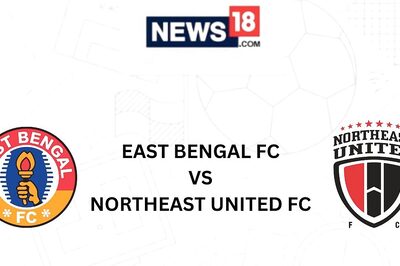

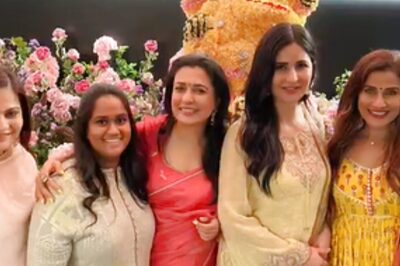

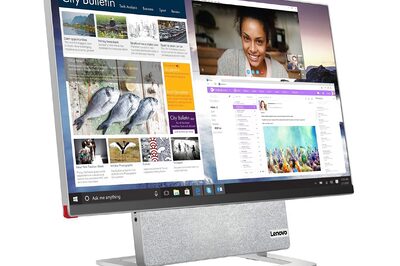
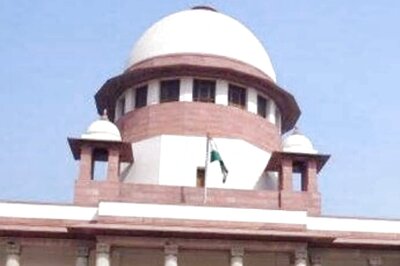


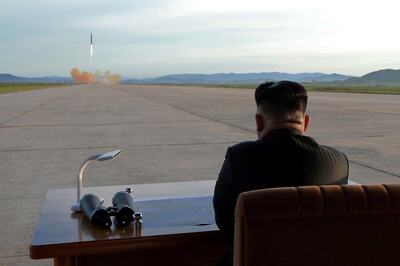
Comments
0 comment